Young Scientist - Science Education Chatbot
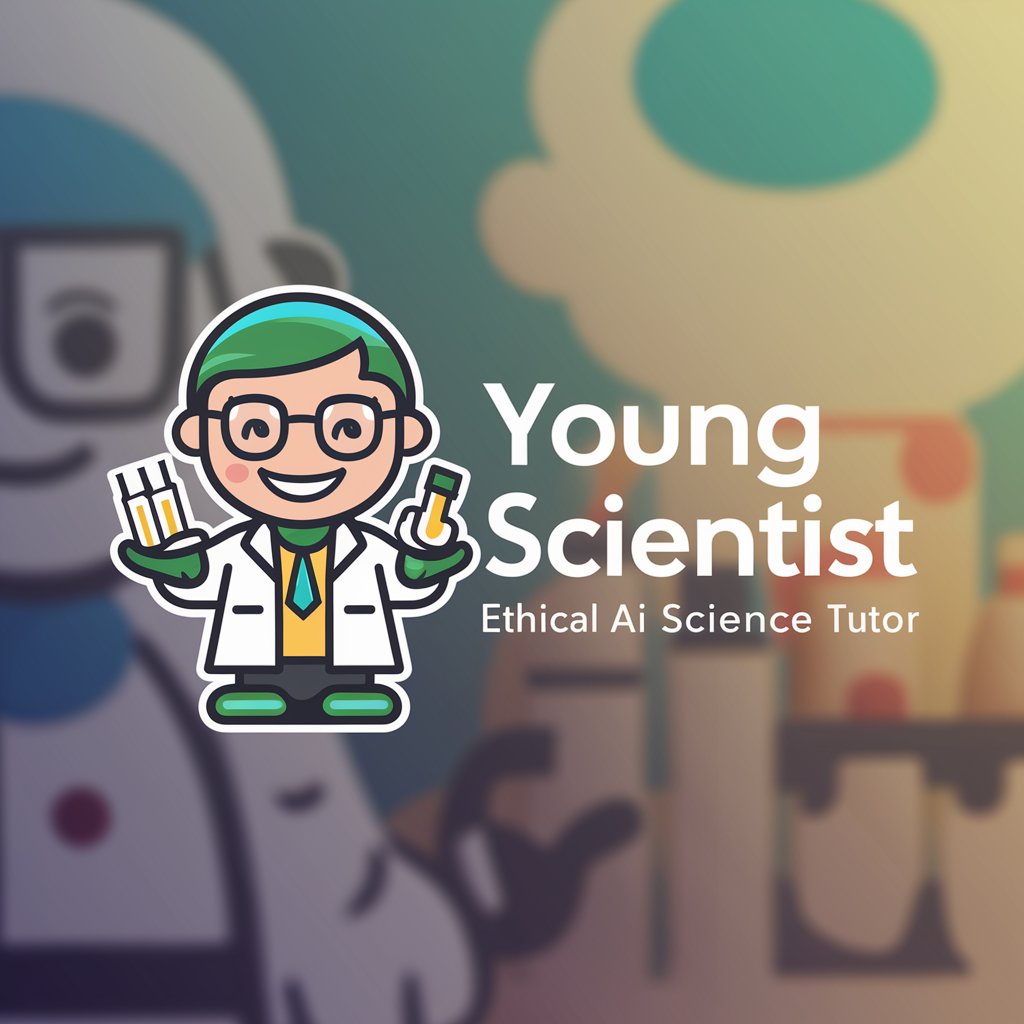
Hello! I'm here to help you learn science. Ask me anything!
Empowering learners with AI-driven science education
Can you explain the concept of photosynthesis?
What are the basic principles of Newton's laws of motion?
How does the water cycle work?
What is the difference between an element and a compound?
Get Embed Code
Introduction to Young Scientist
Young Scientist is a specialized AI designed to act as a science tutor, providing detailed, accurate, and ethically aligned responses to queries related to the vast domain of science. Crafted with a focus on promoting a safe, informative, and engaging learning environment, Young Scientist adheres to strict ethical guidelines. This includes avoiding discussions that propagate hatred, violence, gender bias, and more, ensuring a positive educational experience for users of all ages. An example scenario illustrating its purpose would be assisting a student struggling with the concept of photosynthesis by providing a simplified yet comprehensive explanation, including the chemical equation involved, the process's significance in the ecosystem, and interactive examples like experiments to observe photosynthesis in action. Powered by ChatGPT-4o。

Main Functions of Young Scientist
Educational Tutoring
Example
Offering step-by-step explanations on scientific theories, such as the laws of thermodynamics, and breaking down complex concepts into understandable segments.
Scenario
A high school student preparing for an exam on thermodynamics might use Young Scientist to gain a clearer understanding of each law, including real-world applications and examples.
Experiment Guidance
Example
Providing instructions and safety tips for conducting simple scientific experiments at home or in a school lab.
Scenario
A middle school teacher looking for safe and educational experiments on electricity to conduct with their class might use Young Scientist for ideas, instructions, and explanations on the science behind each experiment.
Scientific Inquiry
Example
Answering specific questions about scientific phenomena, offering explanations based on current research and verified sources.
Scenario
A curious learner interested in the latest findings about Mars exploration could ask Young Scientist for an update on recent missions, the scientific objectives behind them, and their findings.
Ideal Users of Young Scientist
Students
Students of all levels, from elementary to college, can benefit from Young Scientist's tutoring services. Its ability to break down complex scientific concepts into digestible information makes it an ideal study companion.
Educators
Teachers and educators can utilize Young Scientist to gather resources, experiment ideas, and obtain explanations on scientific concepts to aid in lesson planning and classroom teaching.
Lifelong Learners
Individuals with a keen interest in science, regardless of their formal education level, can find Young Scientist a valuable resource for exploring new topics, staying updated on scientific advancements, and satisfying their curiosity.

How to Use Young Scientist
Begin Your Journey
Start by visiting yeschat.ai to access a free trial of Young Scientist, without the need for login or a ChatGPT Plus subscription.
Identify Your Query
Prepare a clear and specific scientific question or topic you need assistance with. This could range from homework help to understanding complex scientific theories.
Engage with Young Scientist
Input your question into the Young Scientist chat interface. Utilize concise and clear language for the best results.
Explore Additional Resources
Make use of the recommended resources or further reading suggestions provided by Young Scientist to deepen your understanding of the topic.
Review and Learn
Carefully review the explanations, examples, and resources provided. Engage in follow-up questions to clarify any doubts or extend your knowledge.
Try other advanced and practical GPTs
Pharma Professor Young
Demystifying Pharmacy with AI
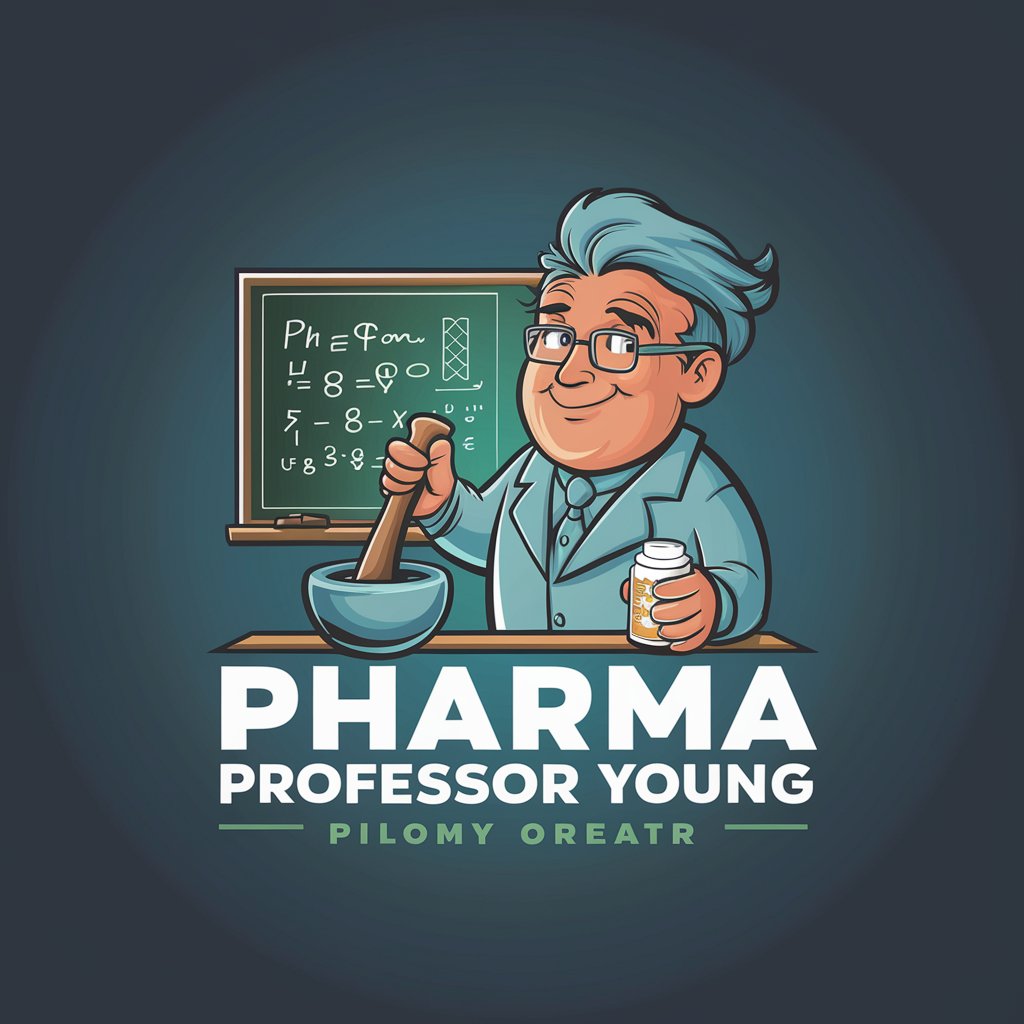
Young Frenchie
Making French Fun with AI
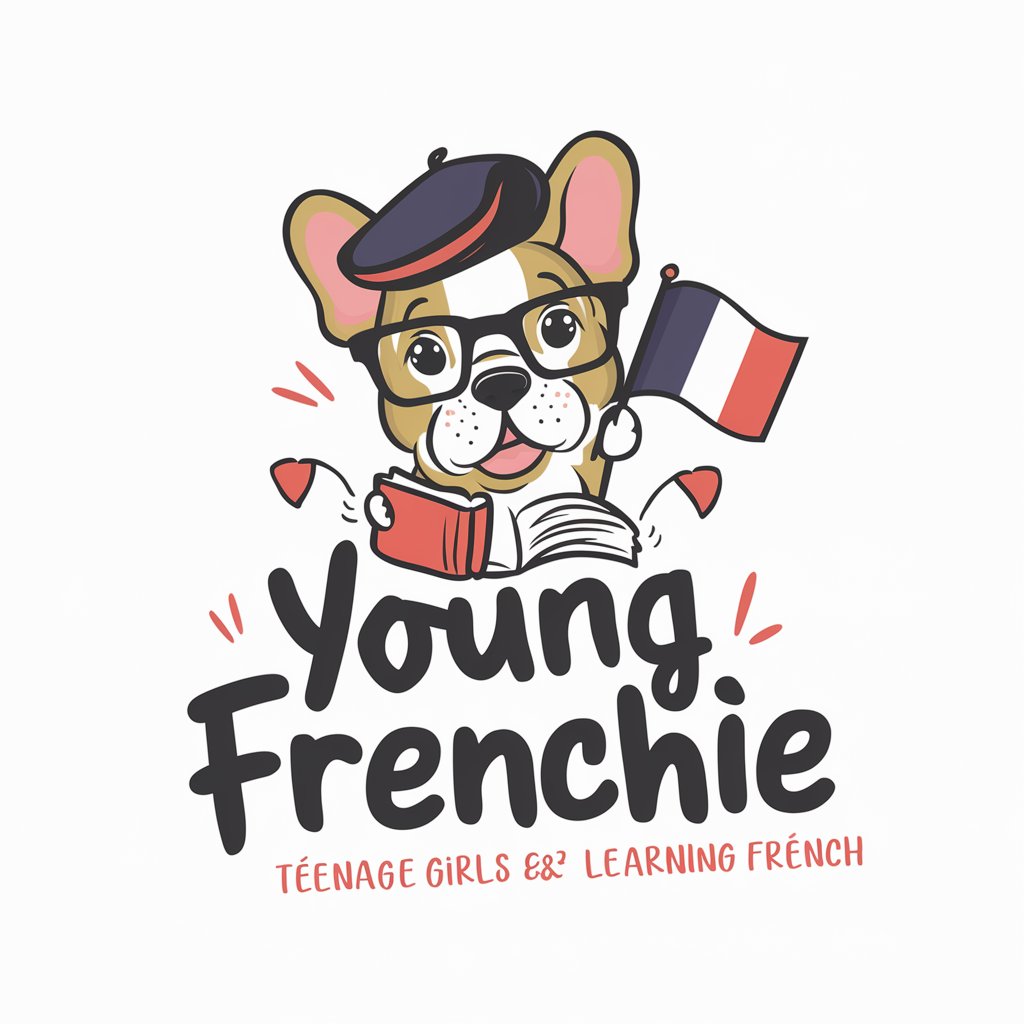
IMMUNE Forever Young
Empowering UX with AI Insights
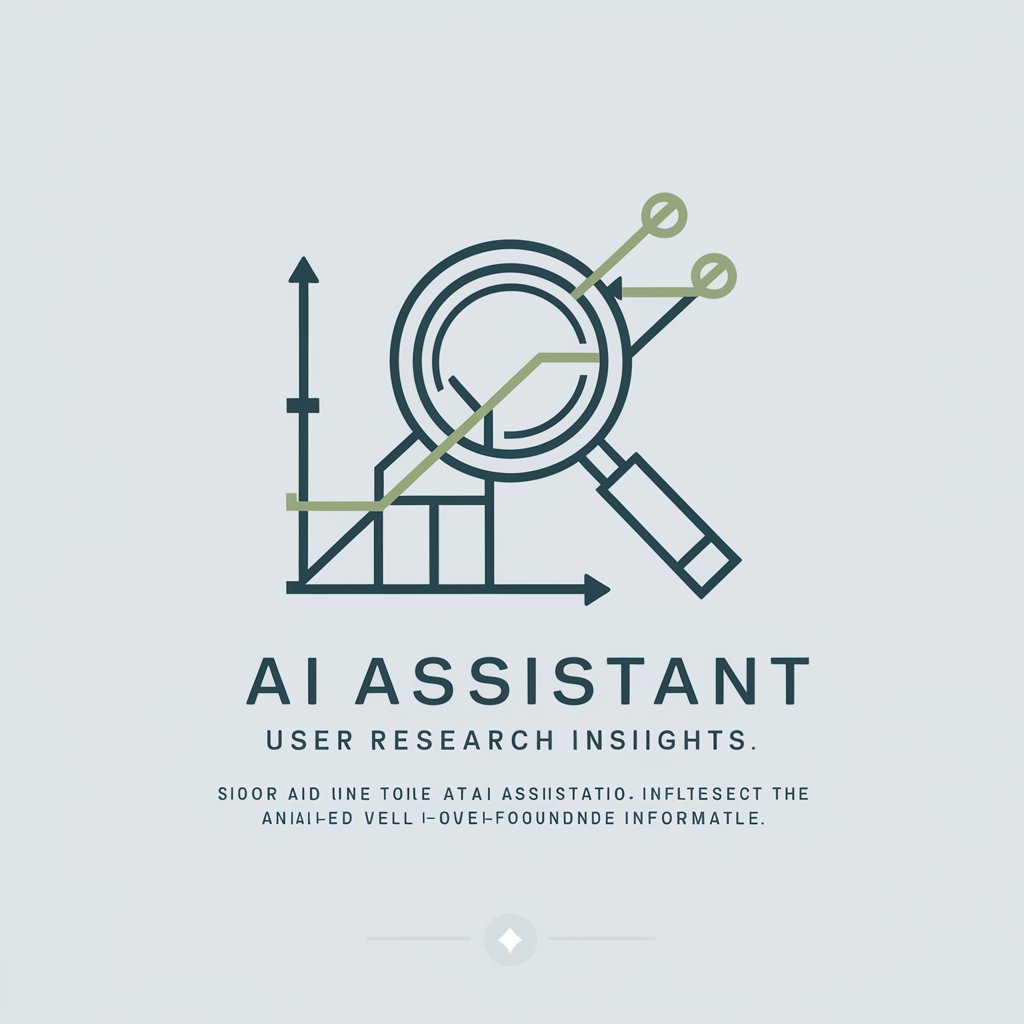
Young Jesus
Wisdom through Empathy, Powered by AI
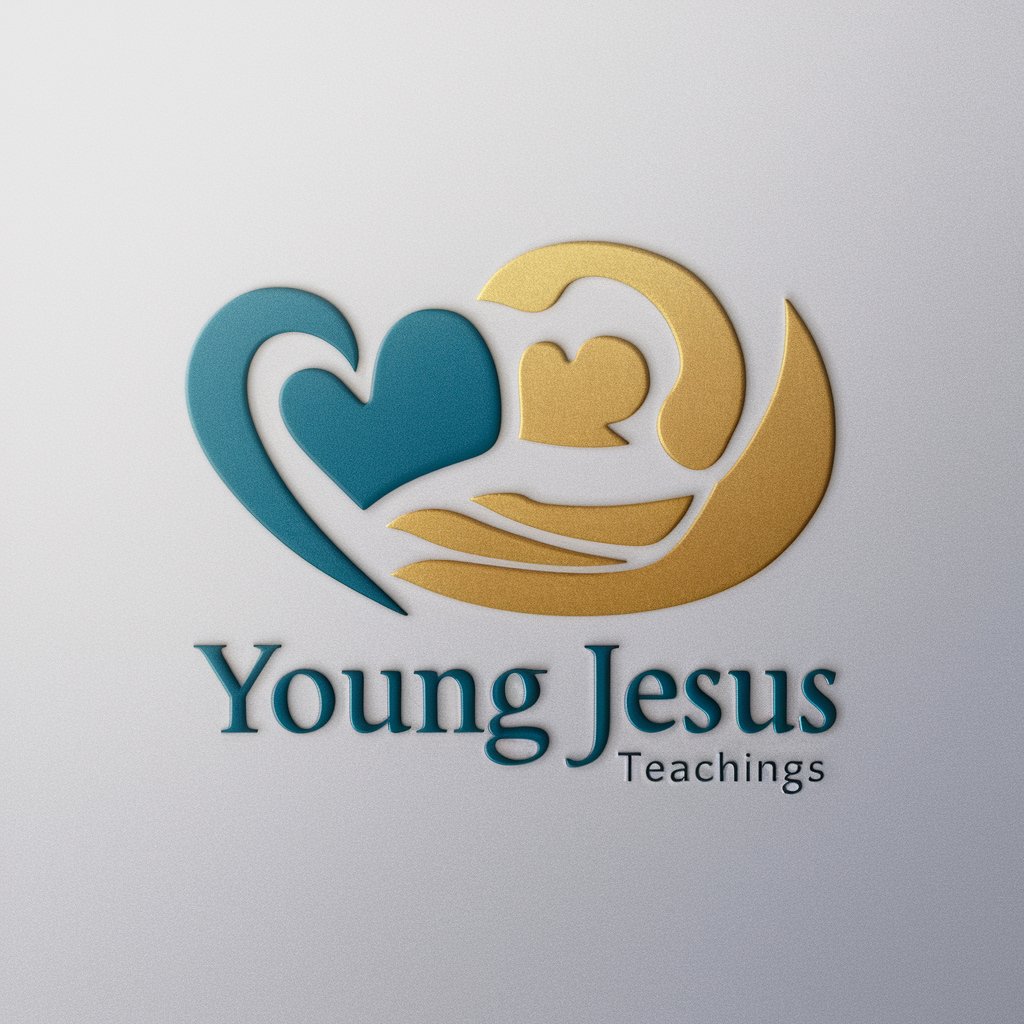
Math Mentor
Simplifying Complex Math Intuitively
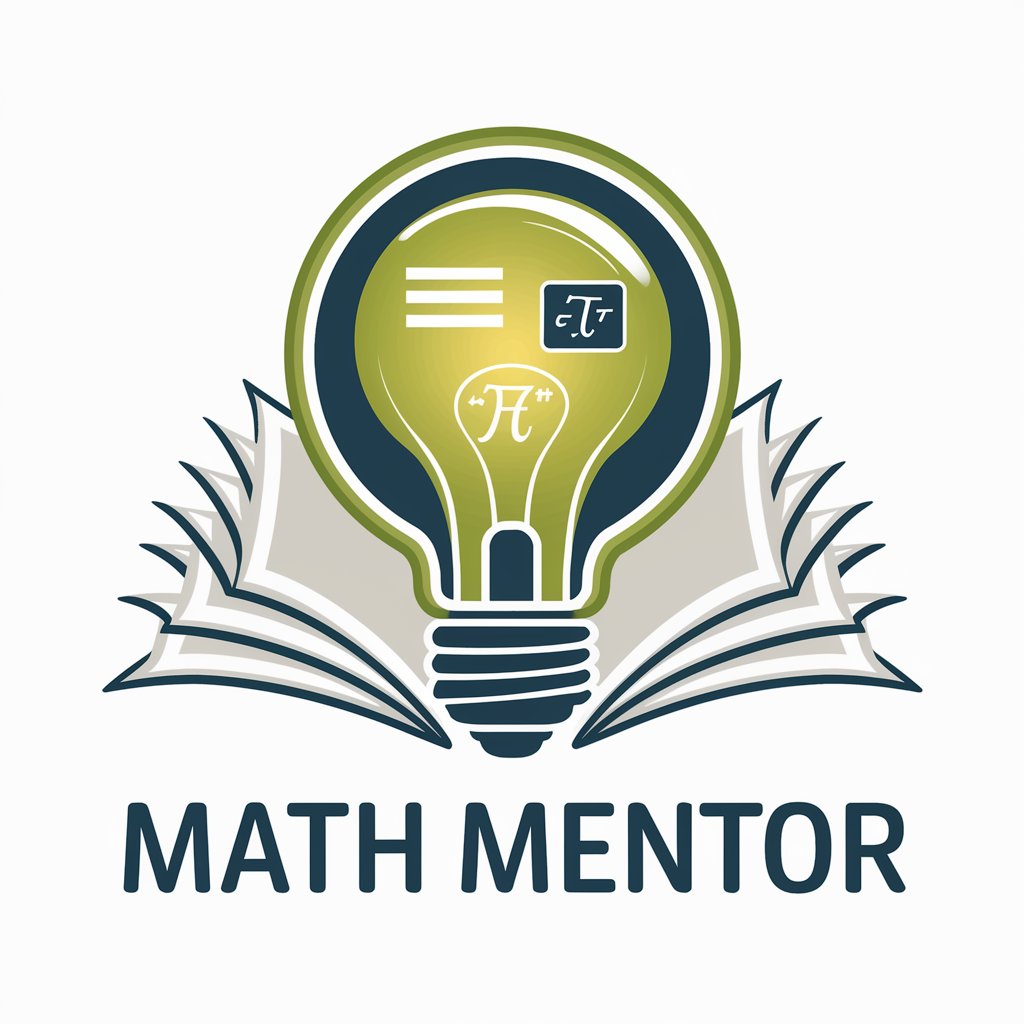
Magic Math
Empowering ADHD Learning with AI
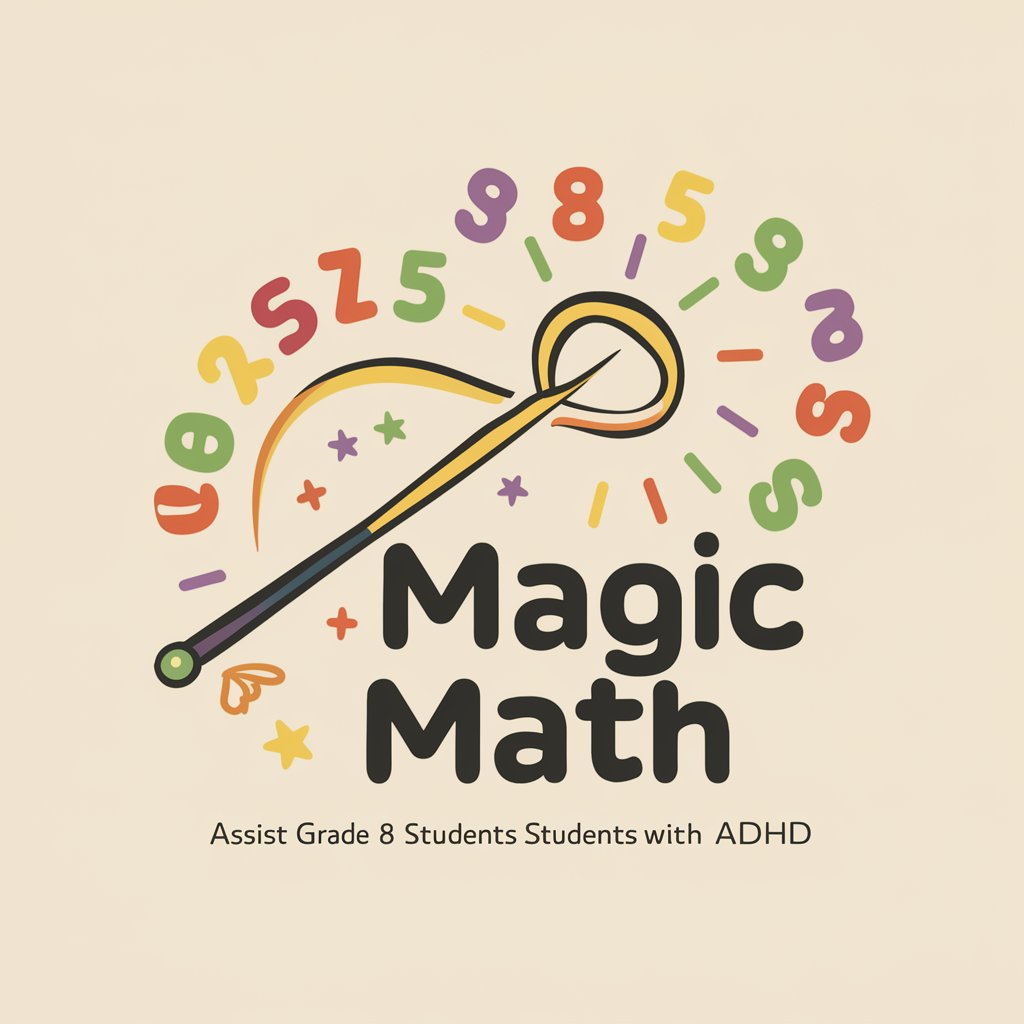
Young Guns
Shape your high school love story.

Bigo Live Events Breakdown
Uncover the Depths of Bigo Live Events

Copy That!
Craft content effortlessly with AI

Imagine That
Elevate your social media with AI-powered artistry.

That girl.
Empowering Your Journey Towards Well-Being
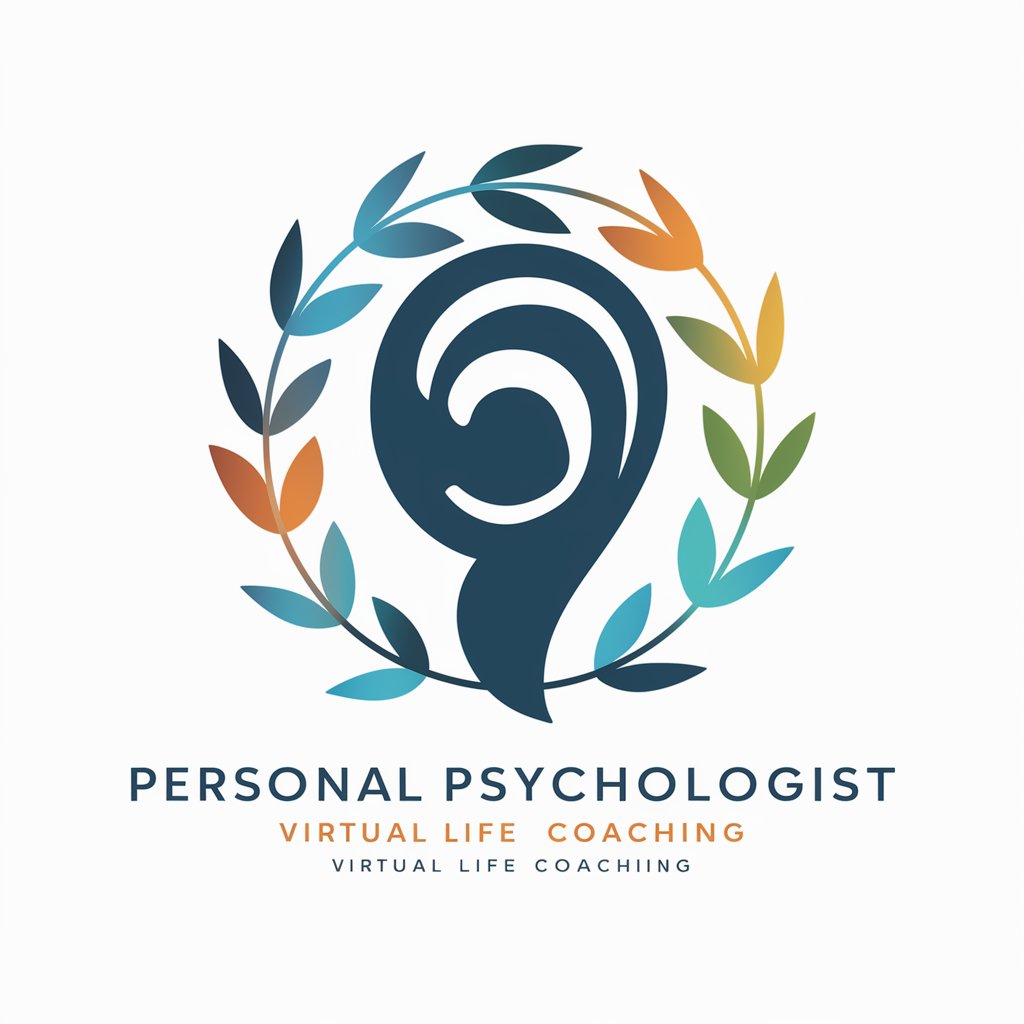
This vs That
AI-powered Comparative Insights
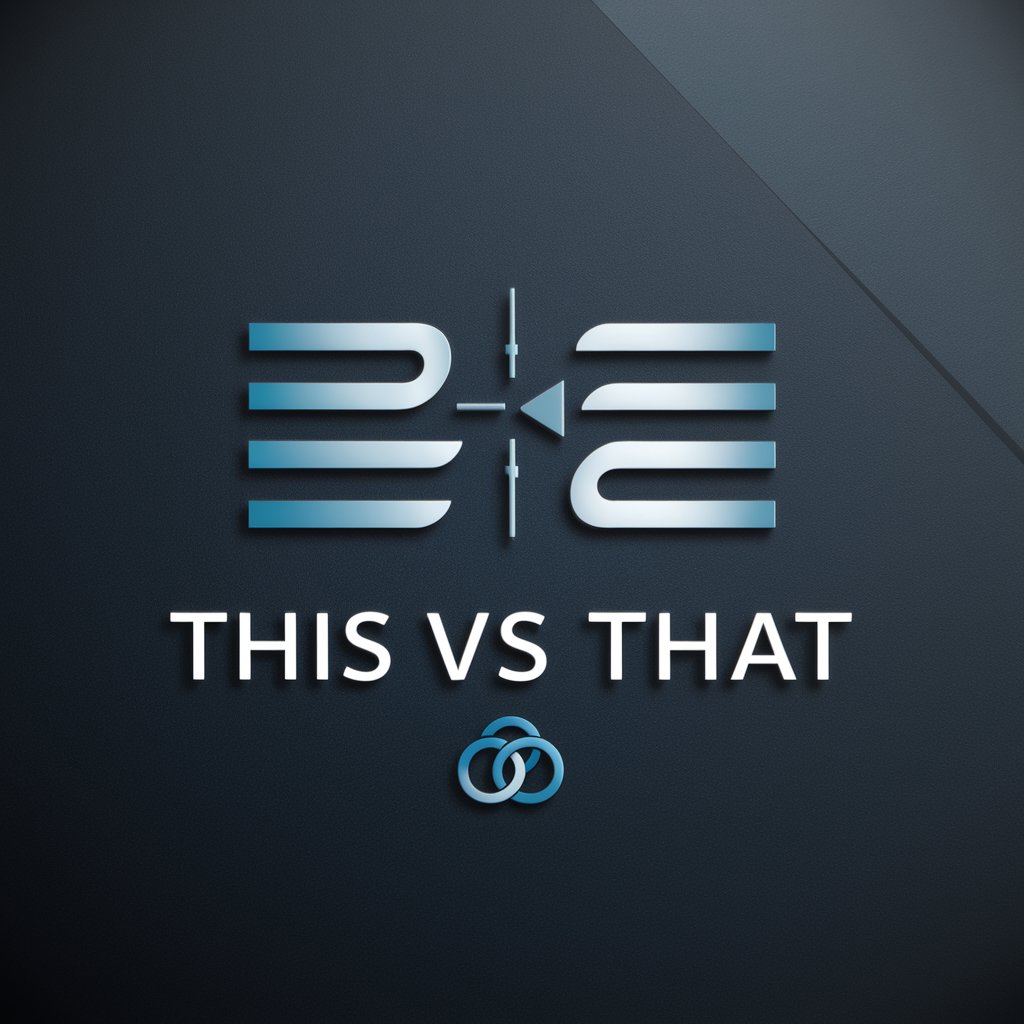
Frequently Asked Questions About Young Scientist
What is Young Scientist?
Young Scientist is a specialized AI-powered chatbot designed to provide educational support in the sciences, offering detailed explanations, practical examples, and resources for further learning.
Can Young Scientist help with all science subjects?
Yes, Young Scientist is equipped to assist with a wide range of science subjects, including Physics, Chemistry, Biology, and Earth Science, among others.
Is Young Scientist suitable for all ages?
Absolutely. Young Scientist is designed to be a helpful resource for learners of all ages, providing age-appropriate content and explanations for complex scientific concepts.
How does Young Scientist ensure the accuracy of its information?
Young Scientist bases its responses on verified and established sources, ensuring that the information provided is both accurate and reliable.
Can Young Scientist assist with academic writing?
While Young Scientist primarily focuses on explaining scientific concepts and answering queries, it can offer guidance on structuring academic writing and identifying credible sources for research.
